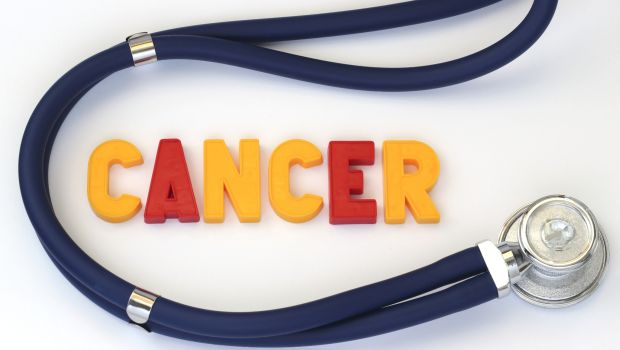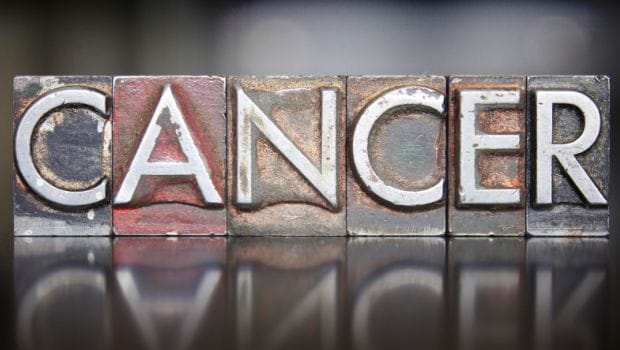
Cancer is a non-communicable lifestyle disease that can happen to anyone. Unfortunately, children and infants also fall prey to the debilitating disease. A new study reported by Reuters offers welcoming news. According to the finding presented at the American Society of Clinical Oncology meeting in Chicago, pediatric cancer survivors live longer these days due to advanced treatment facilities and measures. To arrive at this conclusion, experts studied data from 23,600 participants in the Childhood Cancer Survivor Study funded by the National Institutes of Health. Overall, severe health conditions arising within 15 years of childhood cancer diagnosis fell to 8.8 percent of survivors in the 1990s, from 12.7 percent in the 1970s.
Experts noted that more and more children are now being cured with lesser number of patients showing signs of developing any sever medical condition in later life. Application of modern techniques like fewer chemo sessions, less exposure to radiation is actually showing better results.

Experts focused on severe, disabling, life-threatening or fatal health problems that occurred within 15 years of being diagnosed with a pediatric cancer between 1970 and 1999. The biggest declines in health problems related to treatment occurred in survivors of Wilms’ tumor, a rare kidney cancer. In this group, serious complications fell to 5 percent of survivors in the 1990s, from a high of 13 percent in the 1970s.
Experts reported improvement in various pediatric cancer cases. The emergence of secondary cancers fell to 1.6 percent in the 1990s, compared to 2.4 percent in the 1970s. Gastrointestinal and neurological conditions also improved. But there was no improvement in rates of heart or lung conditions, which the researchers said served as a reminder of the need for close follow-up in childhood cancer survivors.

Endocrine issues in childhood cancer survivors saw greater improvement. Occurrence of conditions like thyroid and diabetes stood at 1.6 percent in childhood cancer survivors in 1990 versus 4 percent in the 1970s. Acute lymphoblastic leukemia, the most common type of cancer in children, also witnessed improvements along with astrocytoma, the second most common childhood cancer.
[“source-food.ndtv”]
